How to keep your home computer secure
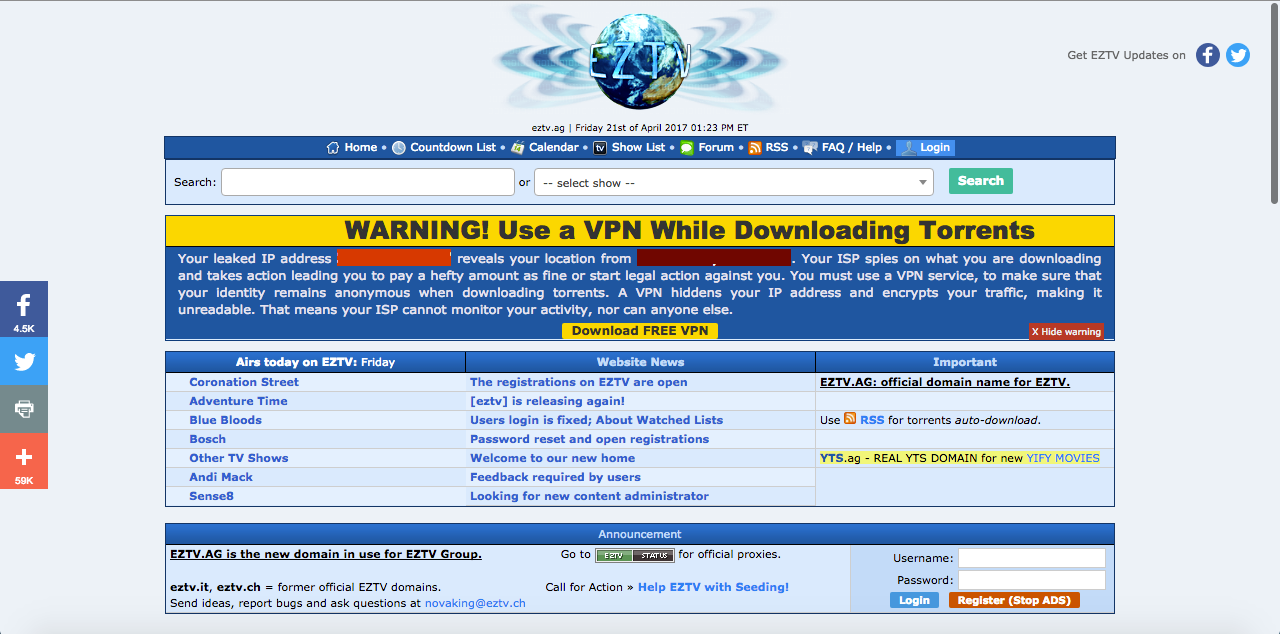
Security in the modern age has never been more important. With how easy it is to hack into computers, you really want to be careful with what sites you access, but also make sure your computer is up to par in the event of an attack. Follow along below and we’ll show you some good security practices to follow for your home computer.
Choose good passwords
As cliche as it may sound, a good password is important. It’s extremely simple to crack easy passwords these days, and there’s plenty of tools out there to do it — Hashcat being one of them. That said, using a good cryptic password will really up your security game.
Don’t just use a good cryptic password for your computer, though. Security doesn’t stop at your log-in screen — services you use are just as easily hacked as home computers — bank accounts, shopping accounts (Amazon, Home Depot, etc) and so on. In other words, use a good cryptic password for online services you use, too. And, of course, don’t use the same password twice — each one needs to be unique.
What makes a good password? A mixture of different characters. You’ll want to avoid using birth dates, names, common phrases and so on. Your best bet is to usually use a random string or combination of characters (letters, numbers, etc). If using letters, use a mixture of lowercase and capital letters. And, of course, if the frustration is that they’re difficult to remember, be sure to write them down in a notepad somewhere and keep that notepad in a safe place.
Antivirus
Antivirus is also important. If you get your computer infected with a virus or piece of malware, you’re going to need some trusted and secure software to take care of that problem. Whether you’re on a PC or Mac, you need antivirus software. We put together a detailed guide on choosing the best antivirus software for your situation, but your best bet is to go with something like Avast, AVG on top of Malware Bytes for extra protection. All three of these programs are equipped to deal with all types of malware and viruses out in the wild, keeping your computer safe from any further harm or exploits.
Take extra caution on sites you visit
In most cases, any harm that will come to your computer will be through a malicious website you visit or through an infected file you download. Take extra caution with websites you visit. It’s important to identify safe and reputable websites, as you could accidentally end up on something intended for malicious activity. Many search engines have done a great job at ranking these sites into oblivion, but they can still be accessed. That said, being observant when browsing the Web is your biggest defense against malicious activity.
Some antivirus will also have extensions that scan sites before you visit them. For example, the AVG plugin when you search for something will scan through a search engine’s list, make sure they’re safe, and to indicate they’re safe, put a big green check-mark next to the website’s listing.
As an extra layer of defense, it’s worth buying into Internet Security subscriptions from services like Avast and AVG as well.
A word on Firewalls
It’s worth noting that there’s almost no reason to install an independent, standalone firewall for your computer. Windows Firewall does a really good job for you, and that’s built directly into the operating system. And whatever Windows Firewall can’t catch, most Internet Security packages come with their own high-end firewall. So, in a way, you already have two layers of defense there.
Closing
Securing your home computer is mostly about being observant. In today’s age, it’s very easy to get infected with malware or a virus, but at the same time, it’s almost become very difficult with innovations and technologies that are actively fighting against things like that. By employing safe Internet browsing tactics and with a few extra layers of defense, you’ll never have to worry about your computer’s security again.




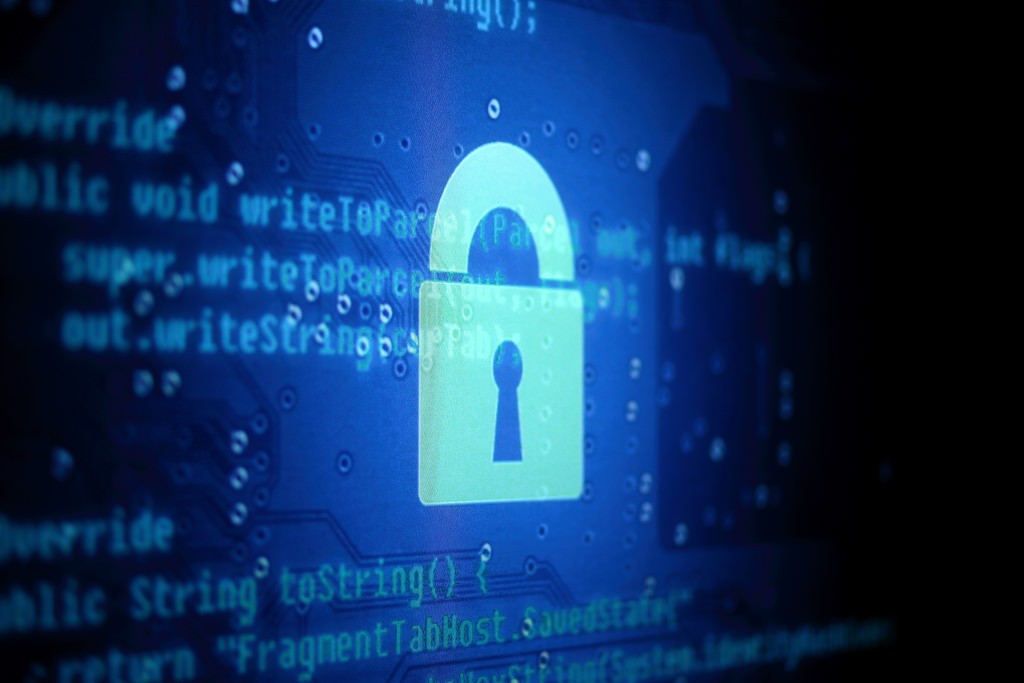
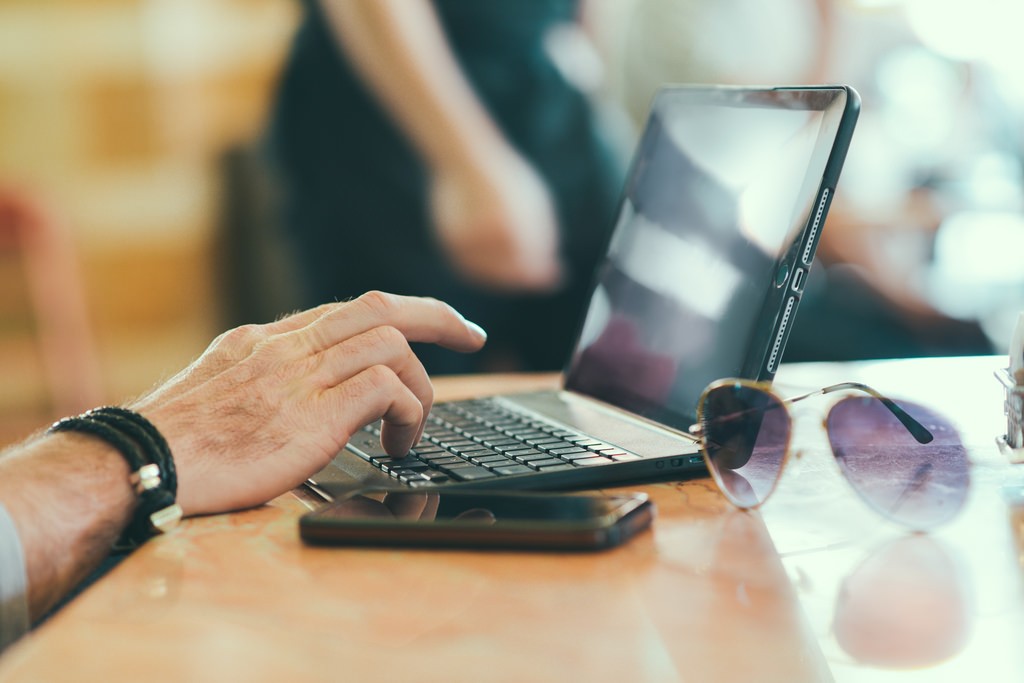
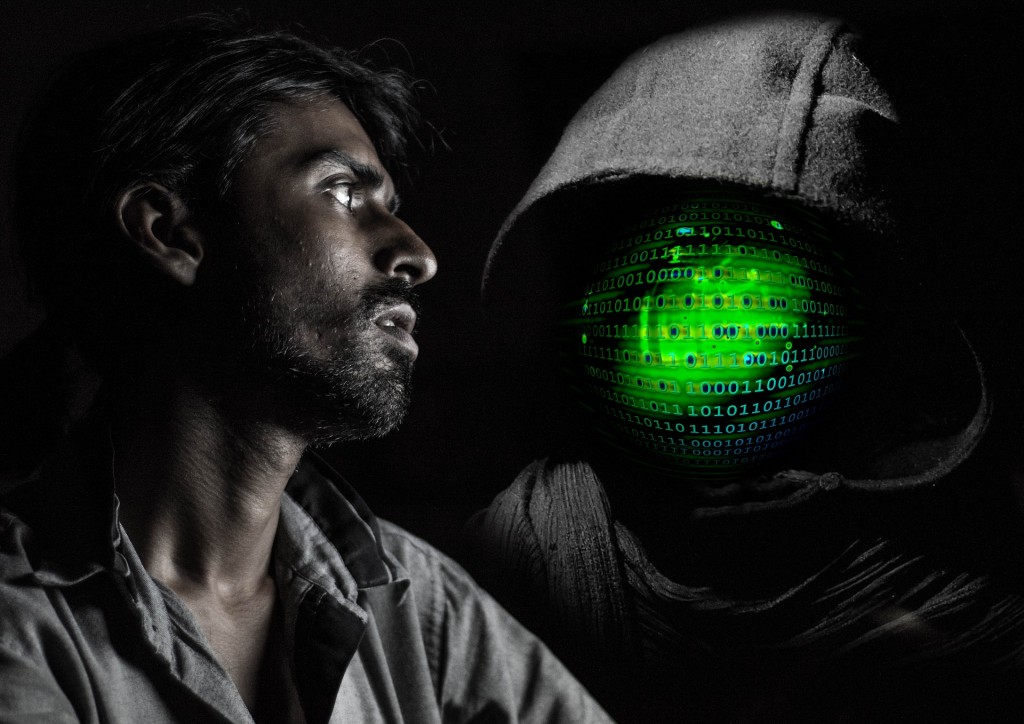
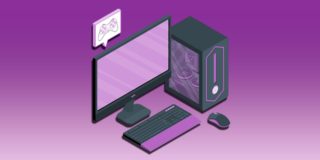

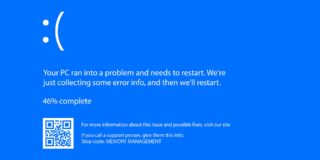
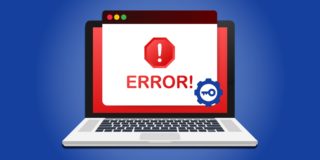
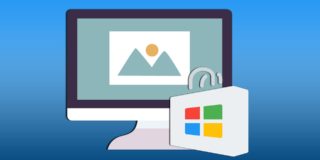
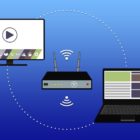


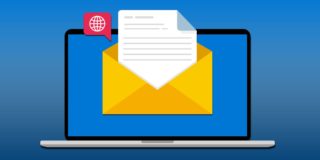




One thought on “How to keep your home computer secure”
What i personally do is –
1 Use lastpass
2 Eset Smart Security latest version
3 MalwareBytes Anti-Malware
That’s it.